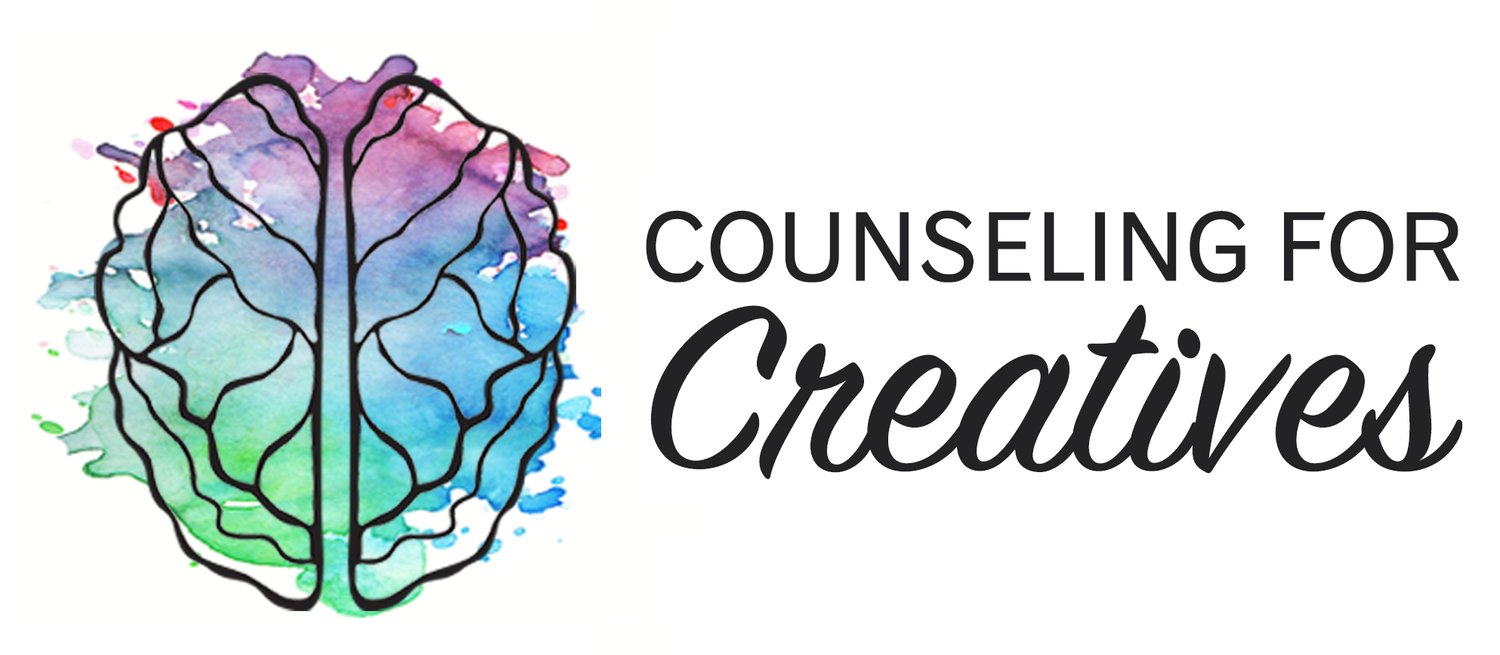The revolution is here - please don’t burn yourself out
It’s normal to feel so many feelings right now. So many of us are angry, sad, disgusted, overwhelmed, guilty, ashamed, exhausted, and even numb.
I want to encourage everyone to take good care of themselves. But in this time of so much change, uncertainty, and multiple collective traumas, what does self-care even look like?
Be mindful of your social media and news feeds
The constant stream of opinions and news reports are overwhelming. It can seem like a never ending waterfall of collective trauma. Black people being murdered, protestors being beaten, and leadership encouraging violence all on top of coronavirus death tolls and record unemployment - this takes an emotional, mental, and physical toll, especially for Black folx. The social media stream can seem like a constant flow of “You’re not doing enough” which, for those who already struggle with low self-worth, can easily twist into “I’m not good enough”. We all need to intentionally disconnect from the 24/7 cycle. Being informed is important. Doing anti-racist work is important. Lifting up Black voices is important. Protesting, even virtually, is important. Seeing the change that gives us hope is important. But, as my brilliant friend Allyson Washington reminded me the other day, our minds are not meant to handle so much information at once. So take the time to get informed, share a few things, and then when that time is up, sign off. It’s even harder to do nowadays when so many of us are not able to leave for work or school, either because we’re social distancing or because we’re out of work, so we need to pay even closer attention to how much media we consume. It’s ok to take a break. That information will be there later.
White people and non-black PoCs - do not get mired down in shame
Guilt can help us take action and make change. Shame often makes us lose hope, isolate, and withdraw. It does nothing to help the cause. How can you tell the difference? “Guilt is,” as Brené Brown says, “‘I did something bad.’ Shame is ‘I am bad.’” You are not bad, but you - all of us - have, as Glennon Doyle says, “breathed in racism from birth.” If we want to dismantle systemic racism we have to admit that we are part of it, which means listening, learning, making mistakes, and resisting the urge to defend ourselves and attack others when people point out those mistakes. This also means resisting the urge to say “I’m sorry” without stating or asking how you can help. If and when shame pops up, name it, tell someone about it - someone who is encouraging and supportive (note that your Black friends might not be able to hold that for you right now, so choose wisely and ask before you talk to them) - and repeatedly tell yourself, “I am not bad. I feel guilt because I have been born into a racist culture. Which means I’ve probably said and done and thought things that are racist. I am not bad. I have done bad. I can learn and do better.”
Rest, rest, rest, REST, REST
After anger, after fear, after trauma, after grief, after guilt, after shame, after anxiety, after overwhelm, comes exhaustion. Many of us are feeling every single one of these emotions in quick succession many times a day. It’s very easy to get caught up in trying to DO so much that we get exhausted and burn out. The movement does not need burnt out people. It needs people who know how to care for themselves so they can care for others. And the best way to do that is to make sure you get enough rest. Your mind and body function best when you’re rested and your nervous system is calmed. That means not only sleeping, but taking the time to eat, drink water, exercise, meditate, create, laugh with friends and family, and just BE. Allowing that space may come with more big emotions. There’s a lot of trauma to process. Give yourself permission to feel. Cry if you need to. Scream into a pillow. Write your feelings down. Lean into your art. Talk to someone. You need to process these feelings in order to fill your cup so you’ve got more to pour out for others.
Resting also requires setting boundaries and saying no sometimes - to sharing everything, to every event, every webinar, every protest, to your relatives who want to share racist rhetoric, and for Black folx, to your white friends who share their feelings without asking (and even when they do ask!). Take a look at your bandwidth each day, each hour, each minute, and decide what you can do and what you cannot. This movement is a marathon, not a sprint. Rest and come back to the fight. Repeat. Repeat. Repeat.
Self-care - real self-care - is radical.
Self-care flies in the face of every capitalistic, misogynistic, and yes, racist message that says we have to be constantly productive in order to be worthy. Model self-care for your friends, your family, and your children. Take care of yourself, so we can take better care of each other.

